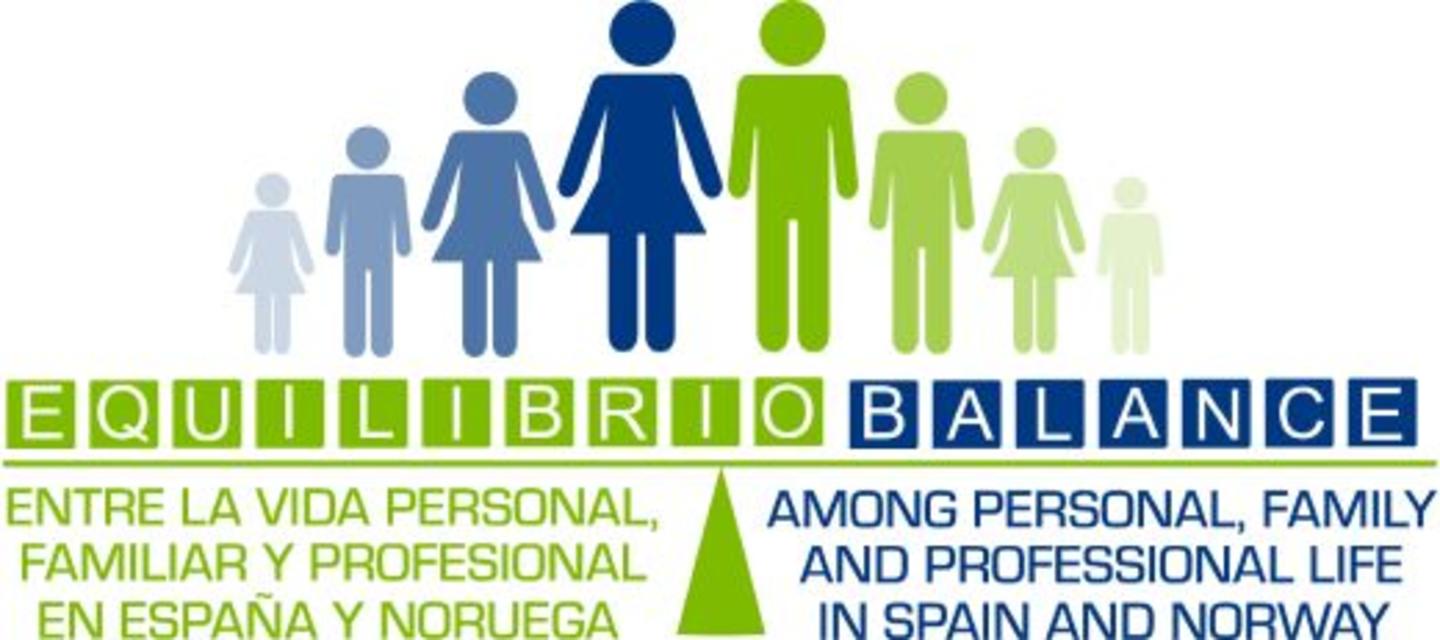"This collaboration between Spain and Norway can be very fruitful, given Norway's advanced state when it comes to the emancipation of women," said Mariano Alvaro Page at the Instituto de la Mujer, or the Women's Institute, in Madrid.
Similar to most European countries, Spain is reported to have fertility levels well below the replacement level. A survey from 2007 showed that Spanish women were having an average of 1.38 children. Initiated by KS, an EEA Grants-supported project is now underway to make it easier for Spanish women to combine work and family life. Drawing on Norway's experience in the field, through measures such as the Norwegian childcare reform, the project will now support local and regional authorities in developing work-life conciliation plans.
The project was launched at a conference in Madrid in March 2009. Speaking at the launch event, Lars Møllerud of the Norwegian Association of Regional and Local Authorities (KS) said: "We are convinced that precisely the question of how to reach a sound balance between family and personal life on the one hand and professional life on the other is an extremely important issue in many countries."
Spanish and Norwegian municipalities will now work together to exchange ideas, experience and best practices. Study trips to both Norway and Spain are being planned, to give local authorities the opportunity to compare initiatives within fields such as childcare and care for elderly. A central element in the project is to encourage a more equal sharing of both professional and domestic tasks between men and women.
Implemented by the Institute of Women, Instituto de la Mujer, and the Spanish Federation for Municipalities and Provinces, the project will be carried out in collaboration with several Norwegian partners. Besides the the Norwegian Association of Local and Regional Authorities, the county municipality of Vest Agder, the municipality of Bærum and the five municipalities in the Lindesnes region Audnedal, Lindesnes, Mandal, Marnardal og Åseral are involved in the project. Several Spanish municipalities will also be selected to partake in the project.
